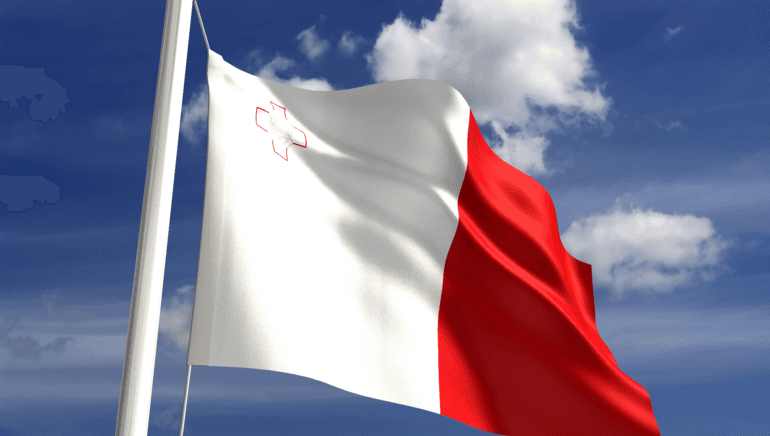Chile Resumes Attempt To Launch Gambling Bill
Share This Tags The Chilean Senate has resumed efforts to establish a new federal structure for gambling, picking up from where things were left hanging in 2023.
The Chilean Senate has resumed efforts to establish a new federal structure for gambling, picking up from where things were left hanging in 2023.
The legislative offices of the Chilean Senate and National Congress have resumed work after their summer break. They have a major task at hand – to peruse and finalize the pending terms and clauses of the new Federal Gambling Bill (035/2022).
2023 was slated to be a landmark year for the Chilean gambling industry. The nation was set to revamp its existing framework, legalize online gambling, and terminate the monopoly rights of three municipal enterprises, namely Loteria Concepcion, Polla Chilena (football pools), and Teletrak Chile (pari-mutuel horse racing).
The journey towards a new Federal Gambling Bill saw lawmakers reaching a consensus on clauses updating Chile’s legal system to accommodate online gambling. Additionally, the Ministry of Finance proposed a sector-specific 20% tax levy on gross income and a licensing framework for both domestic and foreign businesses.
However, the journey hit a roadblock as the year-end approached with the Supreme Court intervening to support a legal challenge by monopoly operators. They demanded that Chilean authorities recognize and prosecute online gambling as an illegal activity.
The Supreme Court instructed the government to restrict access to websites deemed “illegal until the government ascertains a regulatory status for online gambling”. This led to the Supreme Court imposing a 12-month cooling-off period for grey market operators in the Bill, an attempt to protect state-owned entities during the regulatory transition.
As the debate surrounding the finalization of Chile’s new gambling laws resumed, monopoly operators have demanded the preservation of certain privileges and exclusivities by the government and the revised laws.
Polla Chilena de Beneficencia expressed apprehensions about being treated on par with other international operators in the proposed bill, highlighting its unique structure and ownership.”
Carlos Baeza, a lawyer representing Betano, Coolbet, Betsson, BetWarrior, and 1xBet, argued that monopoly operators were merely hindering the passage of the Federal Gambling Bill. He pointed out to the Senate’s Economic Commission that there’s “no provision in the Chilean legal system that impedes the development of online betting.”
However, the Superintendence of Gaming Casinos (SCJ), Chile’s gambling authority, continues to support monopolies, asserting that “without explicit legal regulation, the commercial exploitation of games of chance is illegal in Chile. It emphasized that only licensed entities like casinos and Polla Chilena de Beneficencia are currently authorized for such activities.”
The Federal Gambling Bill’s status remains in limbo with the Senate Economy Committee as crucial departments are yet to present clauses related to technical requirements, licensing authorisations, penalties, and unresolved legal determinations.
The journey to a new Federal Gambling Bill in Chile is undoubtedly challenging, fraught with intense debates, legal hurdles, and the lobbying of monopoly operators. Yet, the promise of a revamped gambling industry, complete with legalized online gambling, keeps the dream alive.
If the Federal Gambling Bill is passed, it will mark a significant shift in the Chilean gambling landscape, with potential impacts ranging from increased competition, consumer choice, and revenue generation for the state.



 2024-03-11
2024-03-11












